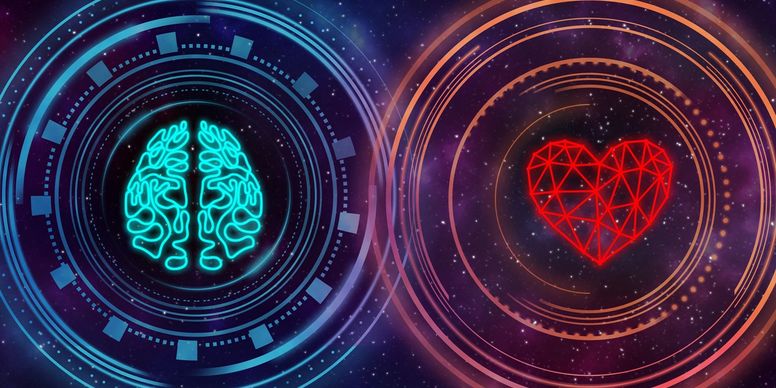Report Spotlight: A New Paradigm in Wellness and Electronic Music
July 12, 2021 2021-07-12 22:43Report Spotlight: A New Paradigm in Wellness and Electronic Music

Report Spotlight: A New Paradigm in Wellness and Electronic Music
Wellness music is moving into center stage in the quest to end the stigma around mental health. As a tool to affect the brain, music might be the simplest and most powerful form to make a measurable impact.
Music Connect Us is all part of a new initiative to bridge the worlds of music and wellbeing. It’s something electronic music lovers have felt their whole lives, and now the science is validating them.
“Mental health remains a core topic for AFEM given its impact on the electronic music industry. Be you a main stage artist or an office intern, periods of challenging mental health can affect us all. The message is clear: It’s okay not to be okay. To talk about your current mental health with friends, family and colleagues and to seek help when needed is something we all should know, do and share.” says Tristan Hunt, Regional Manager at the Association for Electronic Music (AFEM).
Mental health is the most important frontier in wellness today. Diseases of despair—including drug overdose, alcoholic liver disease, and suicide—are skyrocketing, leading to lower life expectancy in otherwise healthy and wealthy societies.
The Brain Science of Music
In recent years, we’ve gathered a better understanding of some of the complex science behind music’s powerful mental effects.
A 2019 brain imaging study shows that the auditory cortex, the area of the brain that processes sound, is very responsive to pitch. Sounds with pitch turn out to be extremely provocative, compared to sounds without pitch.
Because we are so tuned into pitch, it means we respond well to music. In fact, researchers have pinpointed several ways that music can almost immediately begin impacting your brain function.
“Music can tap into associated memories, and it can fight stress. It can reduce pain and relieve anxiety. It can even boost motivation and pleasure by releasing dopamine” says Dr. Aida Vazin, Clinical Psychologist, AFEM.
Whether we know the science behind it or not, we’ve all used music for mental health. Listening to country music after a break up, cranking metal during a workout—we turn to music when we need a little help.
But with our new understanding of the science behind how music helps, we can now target specific effects for patients in a mental health setting.
And the research is getting more granular. Scientists are honing in on the specific traits a piece of music needs to produce a certain outcome. That includes the exact decibels, tones, beats, and frequencies. WIth sophisticated tools, we can now pinpoint the music that best fits the needs of a patient.
Bringing the Science of Music Together with the Experience
Working alongside some of the biggest names in electronic music, Music Connects Us tries to uncover the mental health narratives inside the electronic music scene.
The new-age design report helps elevate the human stories inside the culture, emphasizing the lived experiences of music and wellness—while bringing in researchers to describe why it works the way that it does.
The report’s content includes the uses of functional music, a movement led by award winning composer, electronic artist and sleep coach, Tom Middleton.
“Tom has played a significant role in every project we’ve been involved with at Arigami. He is my friend, my mentor and a force of positive influence for an industry plagued with mental health challenges” says Ari Peralta, CEO of Arigami.
And it could not come at a better time. With the deep costs that mental health problems are having in people’s lives, we need every tool we can get. Music promises to be one of these tools.

